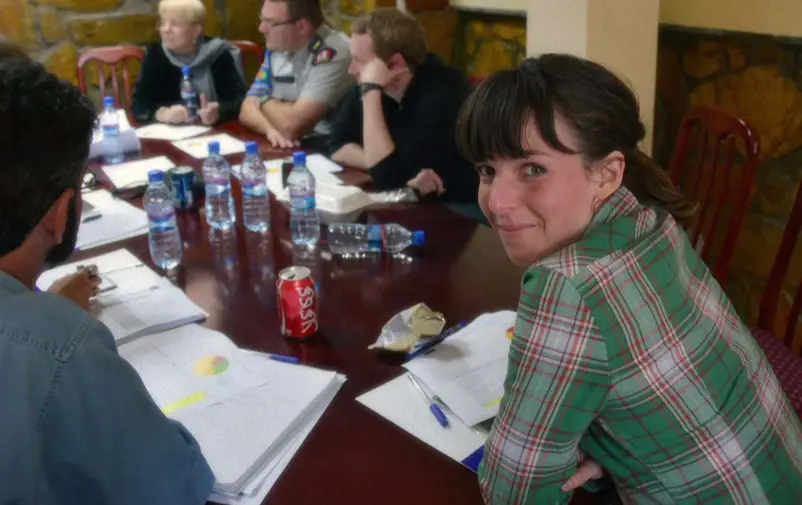
The 1325 Scholarship was established in memory of gender equality expert and peacebuilder Zaida Catalán.
This is a key question addressed in the FBA-research report Prospects for Dialogue in the Central Sahel, by Yvan Guichaoua, Jenny Lorentzen and Sidy Mariko.
Three topical arenas of dialogue are reviewed: regional diplomatic dialogue, dialogue with jihadist insurgents, and women’s participation in conflict resolution and national dialogue processes.
The report takes stock of progress made in these arenas over the years and discusses the remaining challenges under the Sahelian military regimes. It makes concrete recommendations to national governments and authorities, regional authorities and international partners summarized below:
MORE FROM HOME
Are you a young peacebuilder at the beginning of your career with a strong commitment to women, peace and security? Do you have experience working in this field in the Democratic Republic of Congo or Afghanistan and want to take your commitment to the next level? Then you have the opportunity to apply for the 1325 scholarship for 2026.
2025-11-06 15:30FBA has both increased and adapted its work in Ukraine in the wake of Russia's invasion.
FBA in UkraineKlara Grenhagen works as a specialist at FBA's Africa unit with a focus on dialogue, reconciliation and peace processes.
More about our expertsFBA is part of Sweden’s development aid within the area of peace and security
Read more about the countries where we work